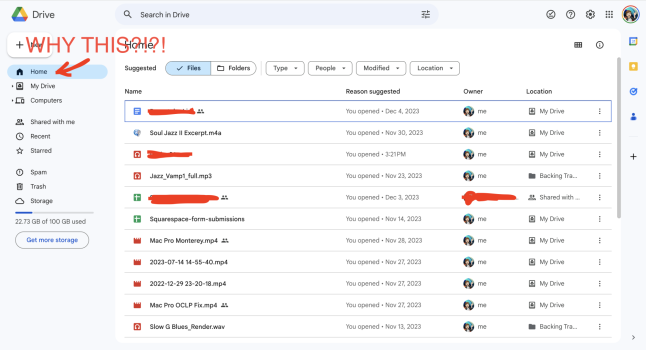My guess is that given younger people are not as wealthy as older people, and and given that poorer people have less political power than wealthier ones (e.g. see Gilens & Page (2014)
link), that the young give up because they assess, quite accurately, that they have little impact. Think about policies that are popular among the young (climate change, government support for education, etc.) and how hard it is to get those policies enacted.
Being somewhat younger, I'd wager the most natural explication. Our free time is constantly under attack by corporations wanting to commodify our every waking moments, having already succeeded in the privatization of self-expression.
There is a very tangible pessimistic feeling related to the perceived loss of agency. Add to that a standardized and de-territorialized (two individual thousands of miles apart may have more in common than direct neighbours) culture being prevalent, local socialization may soon prove un-feasable.
But I'd counter to the perception of de-politicization (although this is very European-centric in my assessment, the culture wars having only been recently imported by the different extremes and being rightfully dismissed as misdirection from real political life) ... We have seen though the different marches for the climate and feminist walks that there is the very real possibility of organizing around certain polities in stead of clicktivism. Although I'd have to add that there is a very real loss of nuance in the apprehension of most topics. Algorithms filtering out all but the most polarizing issues.
And on a more personal note, it seems to me that the reality of potentially turning your social circle into a base to be exploited for profit has brought out a tragically cynical dog-eat-dog mentality, fueled by the ever present images of fame and success dulling the individual experience. It is not shallowness but the cruel effects of the suppressed authentic buckling and burrowing inwards under the relentless attacks of the artificial.
PS: Having just read the report of the Harvard Happyness study, it was my intent and in-keeping with your original message to involve myself more thoroughly in clubs in order to build meaningful relations an may-be do some good as a reward.
I perfectly understand why people have been steadily distancing themselves from politics, many times it's hard even for me to stay in politics (for different reasons), and I've been doing politics since 2001; what surprises me is that people have distanced themselves from associations, that require very little of their time and next to no money.
I'm talking about community, grassroot associations, local associations, that cover various aspects of life, the environment, the elderly, diseases, education, poverty, even in those small settings, I don't see people in their 20s, 30s, 40s; and the work those associations pursue does have an impact, not at the level of policy making (sometimes they do, assuming someone is a member of the local branch of a bigger, national association) but at the level of their local communities, the impact is there, is tangible, can be seen every day.
When I try to motivate people to join an association I usually tell them that they should stop thinking about changing the world, because most of us don't have the means to do that, but if they want change they can start somewhere, and that "somewhere" is their community.
They want to change the world but maybe their neighbor can't pay the bills or feed their family, maybe there's a student struggling at school who can't afford private lessons, there may be someone who's old and alone, and maybe that elderly person might need some help digitally accessing some public service, someone who has a disease and might just need a hand with groceries or getting around town, instead of thinking global, thinking about climate change (those decisions are made at a level way beyond our realities) or any big "charismatic" worldly goal, they can start by cleaning their towns and help inform others (there's a small, local association in my town that does just that), or by helping people in their communities, by doing that they'll be sure to change something, to have made an impact, and more of an impact than all of those big demonstrations combined.
The things I said are based on my experience, volunteering since 2010, here are a few examples:
- founded an association to help people living in public housing navigate the bureaucracy that goes with it;
- joined forces with other associations to found a bigger association, receive funds from Foundations, got from the city council the right to use an old, rundown public building, renovating it and turning it into a community center that now hosts a variety of activities (a small clinic, tax and bureaucratic assistance, consumer rights, free classes on various subjects, free neuropsychological support for children), we also projected and completed the complete renovation of two areas in our town;
- taught (various subjects) for free to people who couldn't afford it;
- food collection for the food bank;
- fundraising for the local parish, funds that would then be used to buy medicines and pay people's bills;
Now I'm trying to join a support and information group for people with epilepsy.
Volunteering is much more fulfilling than politics, especially when done locally, since it allows you to experience the results of your work.


